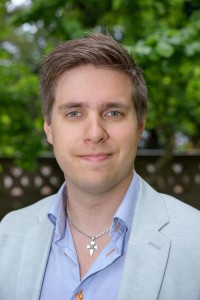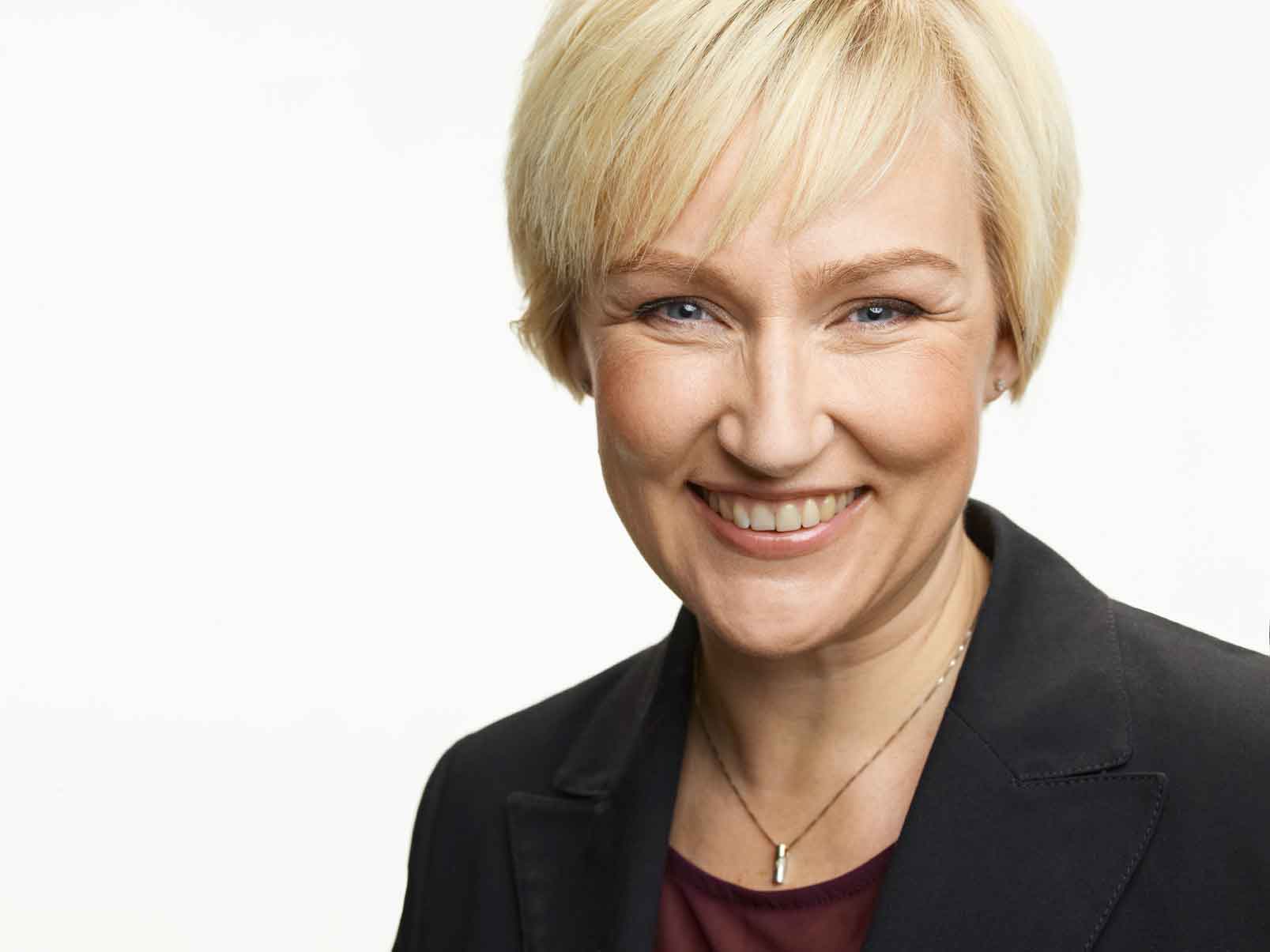Helene Hellmark Knutsson from Socialdemokraterna will be the new Minister of Higher Education and Research. At the same time, Gustav Fridolin from Miljöpartiet becomes the Minister of Education and thereby succeeds Jan Björklund from Folkpartiet.

Photo: Archive.
Now, the Prime Minister, Stefan Löfvén, has appointed his government. The Minister of Higher Education and Research will be Helene Hellmark Knutsson, who, together with the new Minister of Education, Gustav Fridolin (MP), as well as the Minister of Upper Secondary School and Promotion of Adult Education, Aida Hadzialic (S), succeed Jan Björklund from Folkpartiet.
Earlier, Helene Hellmark Knutsson has been the oppositional County Council Commissioner in Stockholm County, and ombudsman in The Swedish Trade Union Confederation (LO) since 1996. She has, in total, 90 credits from Stockholm University between 1990 and 1994, among other things, introductory courses in History, National Economics, and Statistics.
An unperson
But in Lund, Helene Hellmark Knutsson is not well known.
“To me, she is relatively unknown. But, the fact that not many know who the new minister is, is not necessarily a bad thing,” chairperson of the Students’ Unions at Lund University, Oskar Styf, says.
“She is completely unknown to me. I googled her today, and I cannot remember that we have met or spoken,” Vice-Chancellor at Lund University, Per Eriksson says.
Good at seeing connections
The new constellation with three ministers at the Ministry of Education and Research brings hope, according to Per Eriksson.
“They have all the requirements to do good work. Having Gustav Fridolin as the head of the Ministry is a good thing, since he is familiar with school matters, and he is good at seeing connections,” Per Eriksson says.

Photo: Jonas Jacobson.
“It is good to have a separate minister who deals with higher education and research. That way, the Ministry of Education and Research can focus on many different things, as well as adapt the work, since the organisational structures differ between the regular school and university,” Oskar Styf says.
Look over the system of allocating resources
According to the Students’ Unions at Lund University, Jan Björklund’s successor already has things to take care of.
“I hope she looks over the system of allocating resources at the universities. More admission places are needed, but also more money to the individual students’ educations,” Oskar Styf says.
“The whole sphere of higher education needs a completely new grip that spans over it. Previous governments have done a lot of patching-up, and there are many questions concerning how higher education should be financed,” he says.
More admission places
Vice–Chancellor, Per Eriksson, would very much like to see the number of admission places increased.
“It is a huge dilemma that we turn qualified students applying for the educational programs down. There is a need for more admission places, something I have commented on to the previous government as well. Both Socialdemokraterna and Miljöpartiet went into their election campaigns promising an increase in the number of admission places, which is promising.”
“But the new government must also provide support for the research investments Max IV [the new research facility in Lund being built at present] and EES [European Spallation Source]. In these projects, we still have a number of financial problems to tackle,” he says.
Text: Carl-Johan Kullving
Translation: Richard Helander






